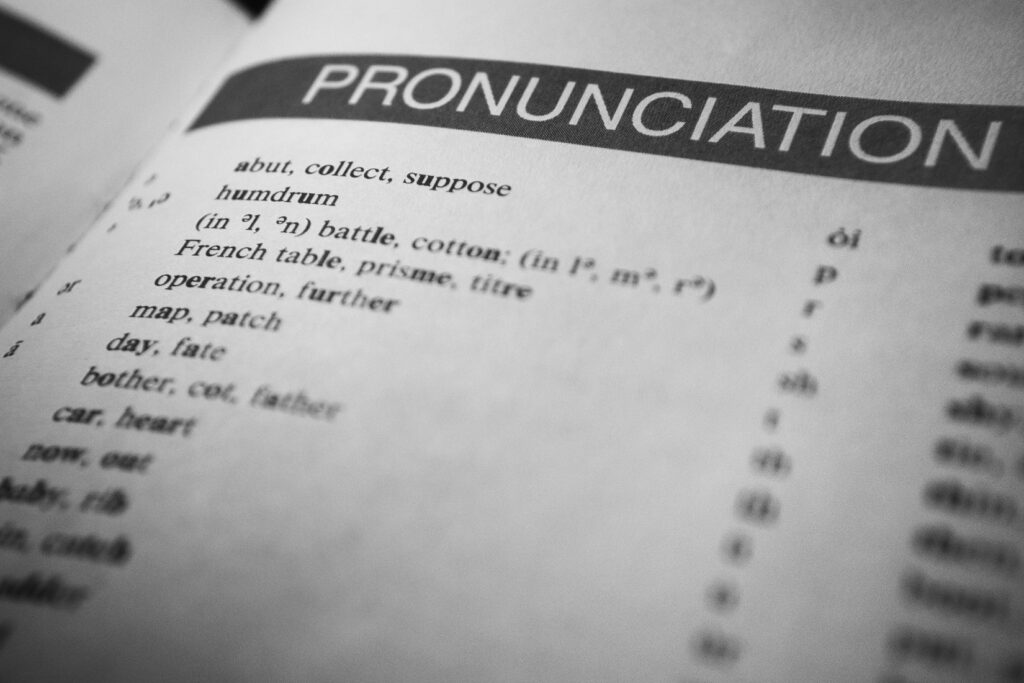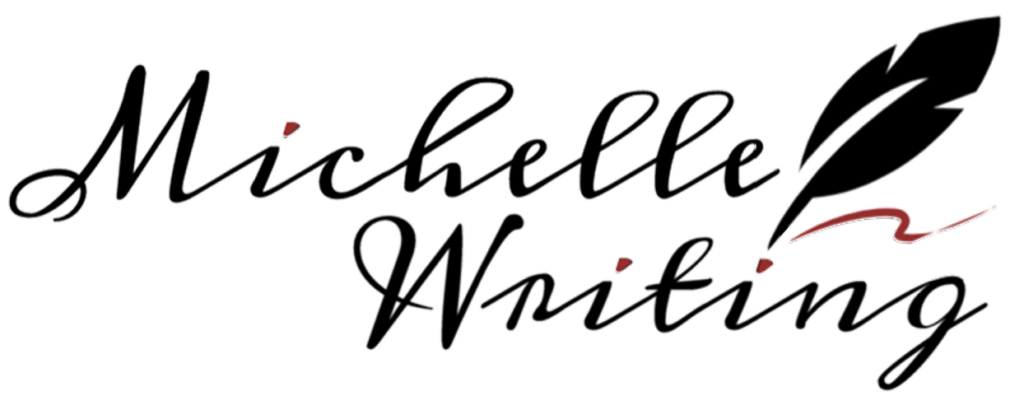Babel-ing about the Tower of Power

The title of this post is a play on words. I know, it’s not immediately evident, but this wordplay has just been swimming through my head in the last few weeks. The Tower of Babel is a biblical story about power, and about language. And lately, those things have really reared their head in a […]
Writing with an English Accent

I didn’t even recognize my own writing. The editor had sent me the proof of my book review – and mind you, this is a book review for a journal in the UK – and the beginning of the proof started with the end of someone else’s book review, which is pretty typical. But when […]
On Agreement in Science as a Virtue

In the introduction to Landmark Essays on Rhetoric of Science, Harris remarks that “the overall agreement that [scientists] achieve is amazing when compared to politics or religion or literary criticism” (1). I’m not sure on what basis this claim is made, but it’s made with such authority, and by a scientist, that on first read I simply […]
The Prevalence of False Ideas

In his book The History and Theory of Rhetoric, James Herrick remarks that “Aristotle believed that false ideas prevail only when advocates of what is true fail to understand rhetoric.” Is this true, however? False ideas, such as those spread by our most recent former president, were perpetuated without any training in rhetoric, and yet many […]
Does Aristotle have Street Cred?

Can you recall a time when you knew Aristotle’s name, but you didn’t really know why he was important? Do your students know, or care, about Aristotle? I don’t remember the first time I heard the name “Aristotle.” It was probably in an elementary or middle school ancient history unit. But certainly, when it came […]
